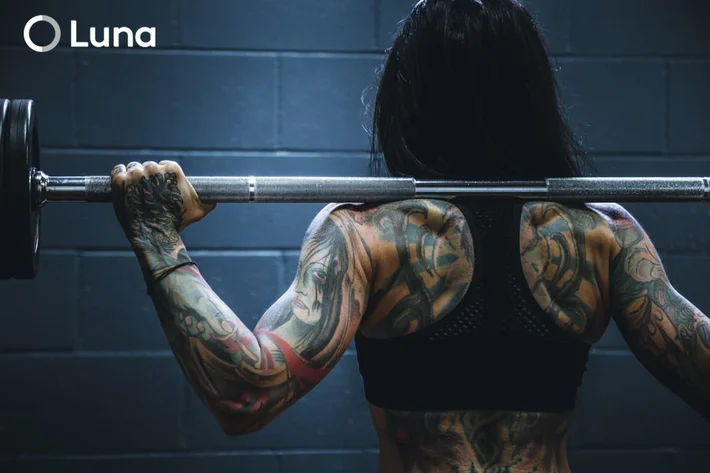
Meet with the best rotator cuff impingement physical therapists in Kirkwood, Missouri
Kirkwood, Missouri, Luna has physical therapists who specialize in treating patients suffering from rotator cuff impingements. Our PTs will work with each patient to identify the cause of their condition and create a dynamic physical therapy routine designed to restore shoulder motion with maximum efficacy.
Best of all, with Luna, patients can receive physical therapy right in the comfort of their own homes. Our physical therapists come to you — it’s physical therapy, delivered.

What is rotator cuff impingement?
The rotator cuff is a group of muscles and tendons in the shoulder joint that enable smooth shoulder motion. If one of the tendons in the rotator cuff gets damaged, it can swell and become pinched in the bony top of the shoulder joint. If this happens, blood flow can be impeded, causing the tendon to fray or split.
Rotator cuff impingement is most likely to occur in young athletes and older adults, as it’s typically the result of overuse. Athletes who perform the same shoulder motion repeatedly, such as baseball or softball pitchers, are at especially high risk. Older adults can be at risk simply due to general wear and tear.
Rotator cuff impingements can often be treated at home with a combination of rest and gentle restorative exercises, though in especially severe or persistent cases, surgery may be necessary. If left untreated, severe rotator cuff impingements can develop into torn tendons.
Source: WebMD

What causes rotator cuff impingement?
The overwhelming majority of rotator cuff impingement cases are due to overuse. Repeated use of the rotator cuff can cause the tendons to swell and become pinched, which is why certain athletic activities and occupations are considered high-risk for this injury.
Swimming, tennis, and baseball, which all require forceful shoulder motions, are some of the activities commonly associated with rotator cuff impingement. In addition, occupations that require heavy lifting or overhead arm motions — such as painting and construction work — can place patients at greater risk.
Old age represents yet another risk factor, as do previous shoulder injuries such as a dislocation. Patients with unusually-shaped shoulder bones may also be more likely to incur this injury.
The most common causes of rotator cuff impingement include:
- Certain athletic activities
- Occupations requiring specific repetitive arm motions
- Previous shoulder injuries
- Old age




















